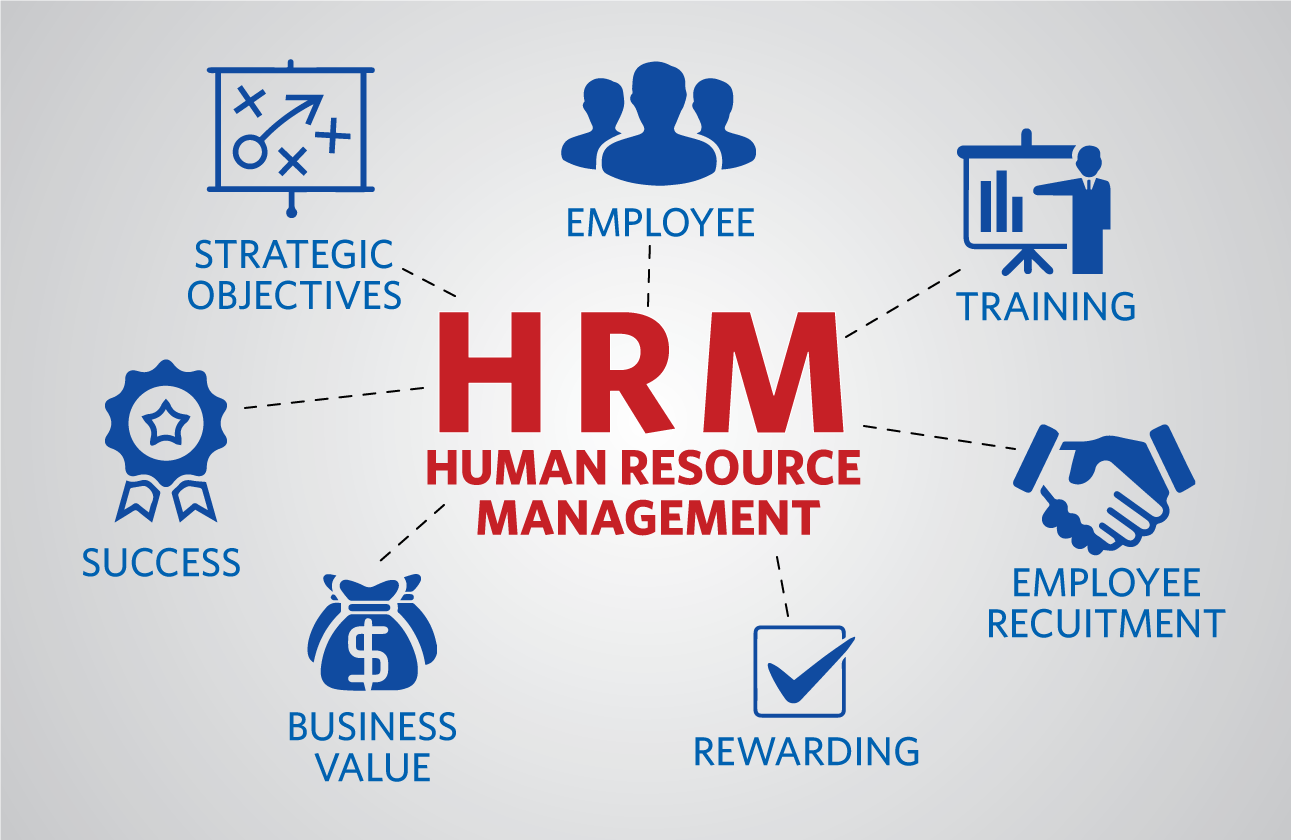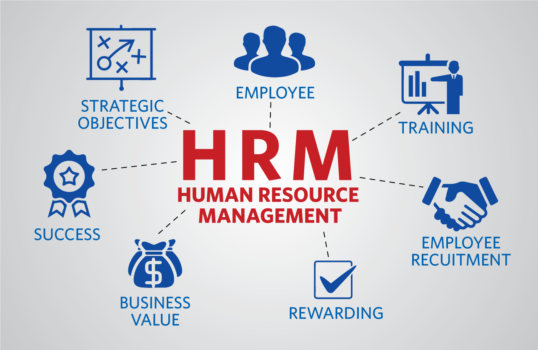Years ago if HR departments wanted to keep electronic records on their employees their only option was an HR system, hosted on-site and accessible to a select few HR administrators. Luckily, nowadays HR systems are available in the cloud and can be accessed securely by employees via the internet. This has drastically reduced the barriers to adoption, however, many companies still manage their workforce with a haphazard system of spreadsheets, documents and post-it notes. So what exactly are the benefits of using an HR software to help manage your employees?
- Efficiency of Administration
If you’ve got more than a few dozen people working for you it can become an administrative nightmare keeping track of basic employee information if you rely solely on a paper-based system. Simple questions such as ‘How much holiday have I taken?’ and ‘Can I have a copy of my last 3 payslips?’ become extremely time consuming.
This leads to reduced cost…
- Reduced Cost
Aside from the less tangible costs such as efficiency or productivity, a good HR system will save you real money. A typical benchmark for the number of full time HR staff working for a company is 1 HR professional per 100 employees. With some software solutions this ratio is approximately 1 HR professional per 140 employees, meaning a company of 280 employees requires one less full time member of staff simply to manage their workforce data, resulting in reduced costs of tens of thousands of pounds annually.
- Access to Information
If you rely on spreadsheets and documents to keep track of employee data you end up creating silos of information. Obviously you need to take into account the sensitivity and security of the data you hold, but by making it accessible to the right people through a central HR system you are allowing more people to make good use of the data you hold.
- Data Analysis and Informed Decisions
Collecting data opens up analytical opportunities that will assist you in making informed decisions. For example, you might discover that a department has a particularly high employee turnover rate. Why is that? Did the leavers all work for the same line manager? Who is that manager? Do they need training? Who are your top sales performers? What are their characteristics? Were they all recruited from the same place? Do they work for the same line manager? Have they all attended a particular training course? If you collect the data you can interrogate it and use that analysis to inform your decisions. The effort required in getting the same insight using a paper-based system simply makes this type of analysis unfeasible.
- Improved Communication
Most HR systems will include an employee directory. While employees tend to work with the same people and, therefore, have their contact information, often times their job requires reaching out to colleagues outside of their immediate department. If all this contact information is stored in a filing cabinet it slows down communication massively.
HR systems that provide access through mobile browsers or dedicated apps are particularly useful for employees who spend a lot of time on the road.
- Risk Mitigation
In the event of a legal dispute, how can you prove that an employee was made aware of a particular policy or trained on how to use a particular piece of equipment? Email communication is fine but it is not unheard of someone denying seeing an email. Many of today’s HR systems offer a read and accept facility that provides a paper trail not only showing that an employee was sent a particular message but that they also have accepted the contents of the communication.
- Security and Disaster Recovery
If you keep all your employee information in a filing cabinet how secure is that? Who has access to it? How would you know if someone has tried to access it?
With modern HR systems the information is extremely secure, think bank level security.
Security of your data is one thing but what happens if there’s a fire or a flood and you can’t access the offices for a while? Will people still get paid if all your payroll information is stored on-site? Most HR systems will incorporate disaster recovery features such as being hosted on mirrored servers and keeping database backups at secure separate locations enabling the system to be restored extremely quickly even in the most calamitous disasters.


